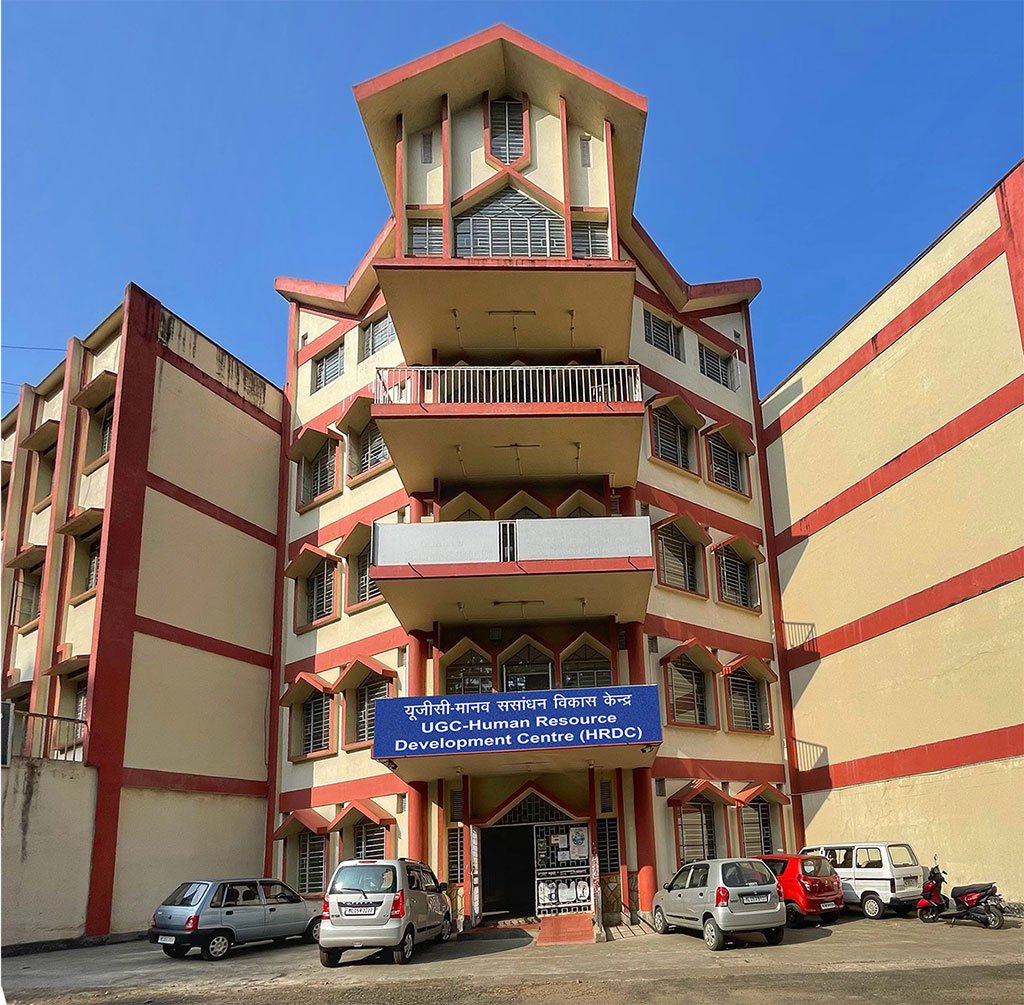
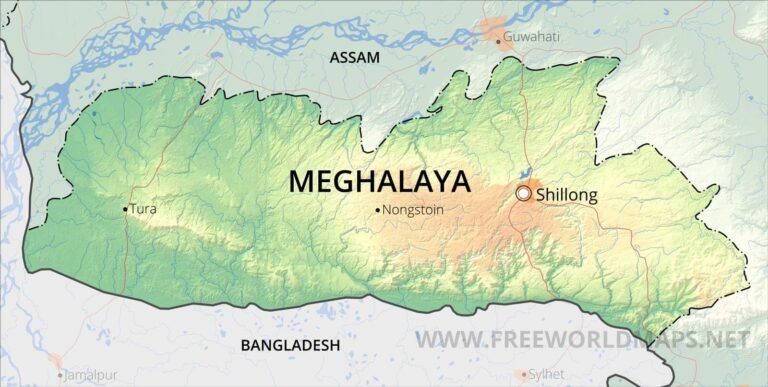
ABOUT SHILLONG
An abode of clouds with the rolling hills around, Shillong is the capital city of the state of Meghalaya. The city derives its name from Lei Shyllong, a deity worshiped at the Shillong Peak. The hill station encircled by pine trees, is known for its weather, picturesque locations with breathtaking waterfalls, crystal clear lakes, beautiful golf courses, museums, cafes and rich traditions, and is also popularly known as the ‘Scotland of the East’.
ABOUT NORTH-EASTERN HILL UNIVERSITY
The North-Eastern Hill University Act (24 of 1973) passed by both Houses of Parliament received the assent of the President of India on May 26th, 1973. It was published in the Gazette of India (Extraordinary) on May 26th, 1973 together with the First Schedule of the Act incorporating the Statutes of the University. The objectives of the University, as laid down in the act, are “to disseminate and advance knowledge by providing instructional and research facilities in such branches of learning as it may deem fit; to pay special attention to the improvement of the social and economic conditions and welfare of the people of the hill areas of the North-eastern region, and in particular, the intellectual, academic and cultural advancement”. In a span of about 50 years NEHU has matured into an institution with a serious academic and social and cultural agenda and a clear vision for its future growth.
STRENGTH
- Locational advantage.
- Serenity of the campus and congenial working atmosphere make the environment conducive for effective teaching and learning.
- Experienced, dynamic and highly supportive resource persons of the university and institutions /organizations across the country.
- Highly effective networking with the affiliated colleges and institutions of higher learning in the North-Eastern Region.
- Selection of participants in all courses with strict adherence to eligibility criteria.
- Strict adherence and emphasis on punctuality, regularity, participation and purposefulness.
BEST PRACTICES
- Making best use of ICT and Multimedia facilities in organizing all programmes.
- Integrating local with global issues for tribal development in relevant courses.
- Improvement of teaching learning skills with hands-on activities such as:
- Practice teaching with video recording.
- Seminar presentation using various digital tools.
- e-content development with blended mode of teaching learning using free open source softwares.
- e-resources free of copyright issues and plagiarism.
- Encouragement and motivation for research contribution through:
- Preparation of research proposal.
- Hand-on sessions on statistical analysis using various statistical tools.
- e- resources free of copyright issues and plagiarism.
- Creating excellent human resources through integration of soft skills for personality development.
- Awareness on evaluation and assessment process.
- Dissemination on current issues with societal relevance.
- Swachh Bharat/Social Work/Tree Plantation drive.
- Field visits/education tours to places of cultural heritage and historical significance.
- Feedback from participants on courses and resource persons.
- Feedback from Principals/Head of Institution on impact of the courses on their teachers.
INFRASTRUCTURE
- Lecture Room I with:
- Multimedia Desktop Computer with 5.1 Surround Sound
- DLP projector
- Overhead Projector
- Sine Wave Inverter for power backup
- Split AC cooling system
- Lecture Room II with:
- Multimedia Desktop Computer with 5.1 Surround Sound
- DLP projector
- Overhead Projector
- Sine Wave Inverter for power backup
- Computer Laboratory with:
- Dell PowerEdge Server
- 25 client computers (internet connected)
- 2×24 Ports Network Switch
- DLP Projector with a retractable screen
- 2 Nos. of Heavy-duty Network LaserJet Printers
- 10,000 VA Online UPS with an additional Sine Wave Inverter
- 1000VA Generator
- Library:
- Total number of Books – 1569 No.s
- Number of Journals/Periodicals/Newsletters, etc – 212 No.s
- Number of CD’s/DVD’s as Resource/Reading Materials of Courses/Programmes – 173 No.s
- Guest House with:
- 8 Nos. 4-bedded rooms with attached bathroom
- 3 Single bed rooms with common bathroom
- 2 Nos. 3-bedded rooms with attached bathroom
- 1 No. 5-bedded room with attached bathroom
- 1 Double-bedded room with common bathroom
- DTH connected 52″ Television Set
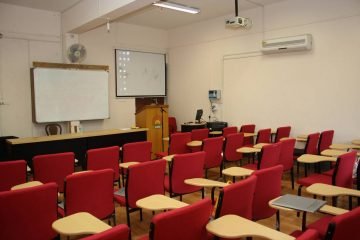
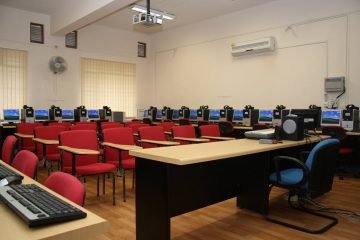
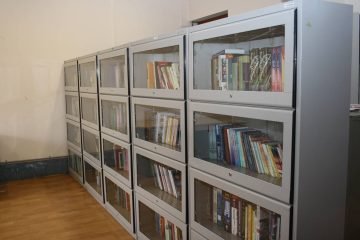
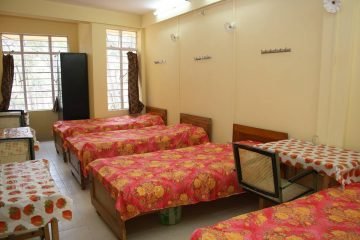
How to reach NEHU Campus, Shillong
- By Flight: 35 KM from Shillong Airport
- Transportation from the airport to NEHU Campus is available by Local Taxi.
- By Flight: 125 KM from Guwahati Airport
- Transportation from the airport to NEHU Campus is available by Taxi/Winger service.
- By Train: 100 KM from Guwahati Railway Station
- Transportation from the railway station to NEHU Campus is available by Bus/Taxi/Sumo service.
- By Bus: 8 KM from Bus Station (MTC Bus Station, Police Bazar, Shillong)
- Transportation from the bus station to NEHU Campus is available by Local Taxi service.

